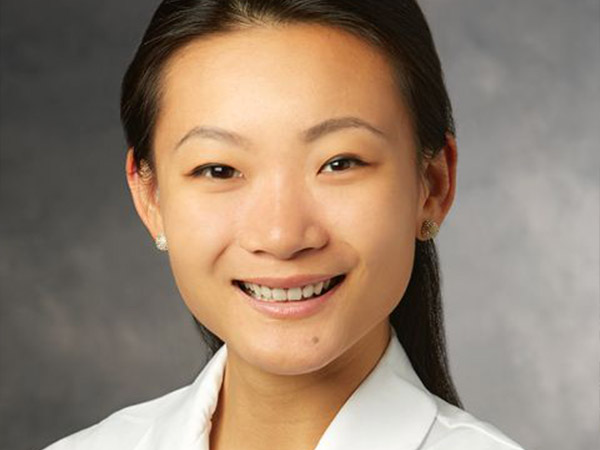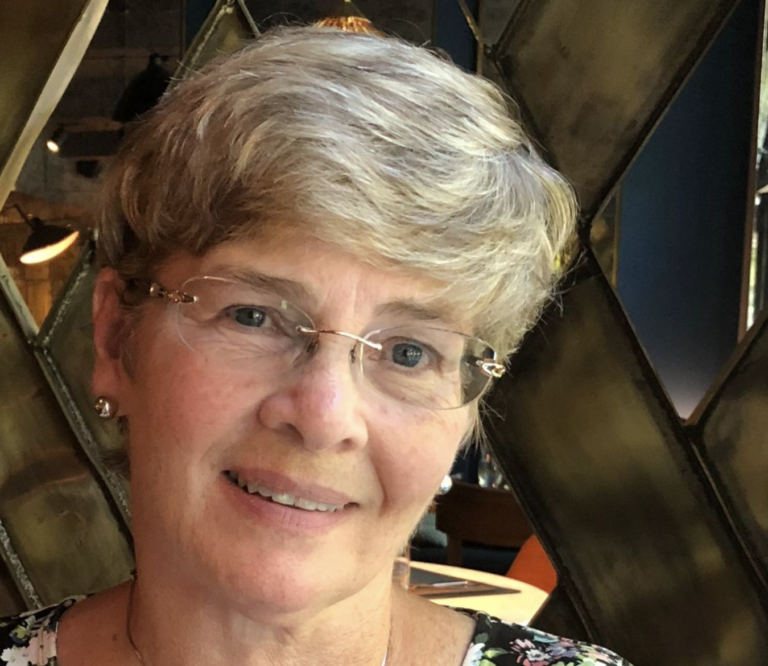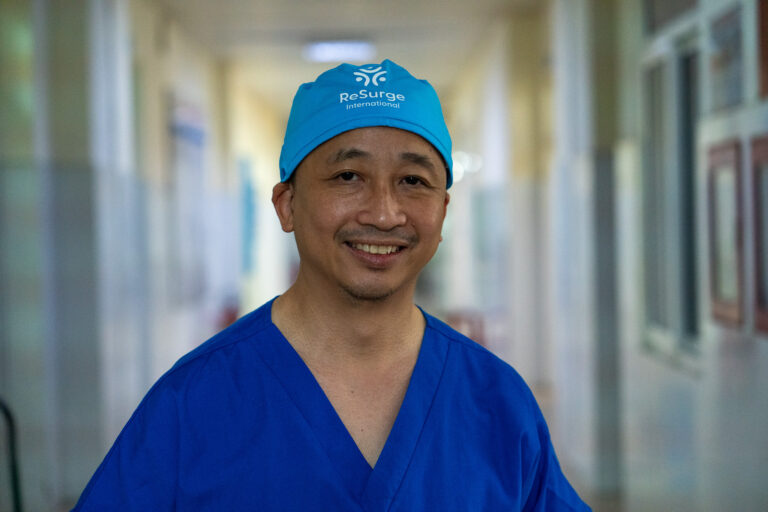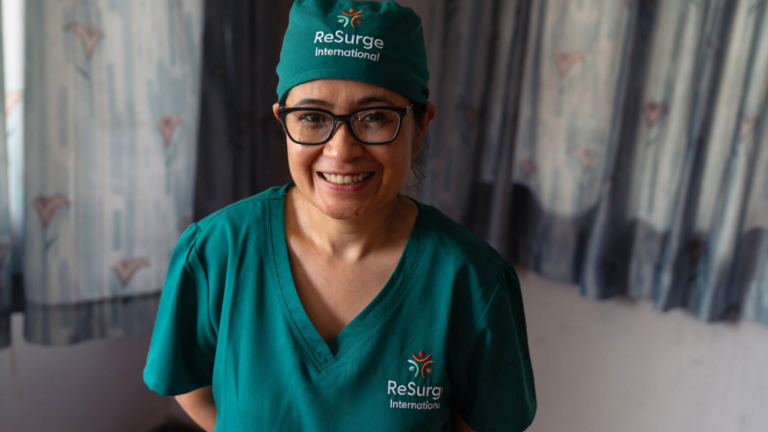We are proud to introduce Chao Long, the newly selected Donald R. Laub Fellow. Named for our ReSurge founder, the fellowship allows for a fourth-year resident in plastic and reconstructive surgery to work with ReSurge for a year in order to hone reconstructive surgical and research skills. Following is a Q&A with Chao.
Tell us a little about yourself and your background.
Hi there! I was born in Taiyuan, China and immigrated to Pittsburgh, PA with my parents in elementary school. The stark juxtaposition of health care in the United States versus what I had known in China set the stage for my interests in global health. These budding interests are what led me to study medical anthropology and global health at Princeton University, where I obtained my undergraduate degree. I worked as an EMT while at Princeton; this was my first opportunity to provide clinical care, and was what convinced me that medicine was what I wanted to pursue. I nurtured my interests in global health during a semester abroad at the University of Cape Town in South Africa. After I arrived at Stanford for medical school, I was lucky to have found plastic surgery quickly. I spent a research year conducting translational tendon tissue engineering research in Dr. James Chang and Dr. Paige Fox’s laboratory, and also pursued global surgery research in Cameroon and Nepal. I was thrilled to match at the Johns Hopkins/University of Maryland plastic and reconstructive surgery residency program; I am now a PGY-3, in my professional development year.
What made you want to go into reconstructive surgery?
There are many aspects of reconstructive surgery that I was drawn to, but perhaps the most influential was that the field aligned with my own belief that the role of health care is not only to save lives, but to ensure the quality of it. The questions that reconstructive surgeons ask are, “What do you want to do, that you can’t?” “What would improve your quality of life?” “What change would be meaningful for you?” These questions are the beginning of our patients’ remarkable reconstructive journeys. The pursuit of restoring form and function so that your patients can live their lives meaningfully—however they define it—is something that I find incredibly rewarding and profound. This, coupled with the creativity, the diversity of conditions, and the intimate and comprehensive knowledge of anatomy that the field demands, are just a few of the uniquely gratifying aspects of reconstructive surgery.
How did you hear about the Fellowship?
When I was a medical student at Stanford, I first worked with ReSurge through the Design for Extreme Affordability class. Shortly thereafter, the Laub Fellowship was established. Ever since, I knew that it would be a dream position for me, as it perfectly combines my interests in reconstructive surgery and global health.
What interested you in the Fellowship?
Aside from my strong interests in global reconstructive surgery, there are two main reasons that drew me to this Fellowship in particular. First, I believe in ReSurge’s model, which not only delivers surgical care, but provides training to local surgeons who are then able to deliver reconstructive surgical care. Providing surgical training and education is key to building surgical capacity and achieving sustainable improvements in health outcomes. Secondly, I wanted to understand the innerworkings of a non-profit organization. Although I’ve had experience working on similar issues in academia and in multilateral organizations, I wanted to understand how a non-profit organization like ReSurge approaches the same issues.
What are you most interested in experiencing during the course of the Fellowship?
I am looking forward to learning from one of the oldest organizations dedicated to global reconstructive surgery. There are several things that make reconstructive surgery unique in the global health world, such as its patient population, its focus on decreasing morbidity rather than mortality, and the metrics that it uses to track outcomes. I am looking forward to learning how ReSurge has thought about these issues. Additionally, I plan to conduct research on the plastic surgical workforce; these data will be critical to not only informing the development of evidence-based programs, but also are the foundation for our advocacy work!
What are your goals for the future?
My career objectives include becoming an academic plastic and reconstructive surgeon-scientist conducting meaningful health services research focused on increasing access to high quality, safe, and timely surgical care both domestically and abroad. This goal is the result of a deep-seated belief that plastic reconstructive surgery is a critical component to any healthy, robust health system. In pursuit of these goals, I am also obtaining my Master’s in Public Health degree from the Johns Hopkins Bloomberg School of Public Health and conducting health services research at The Curtis National Hand Center.

